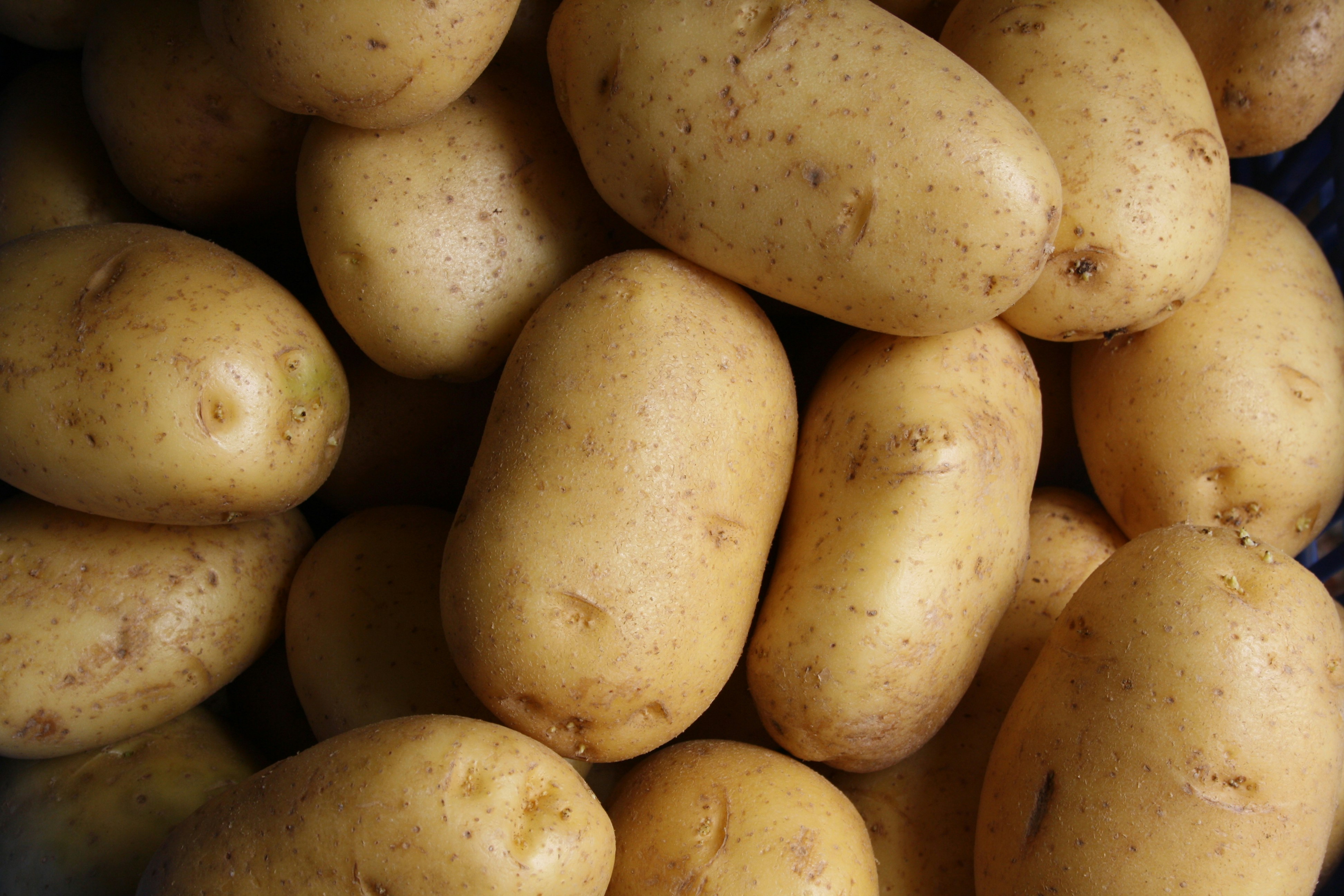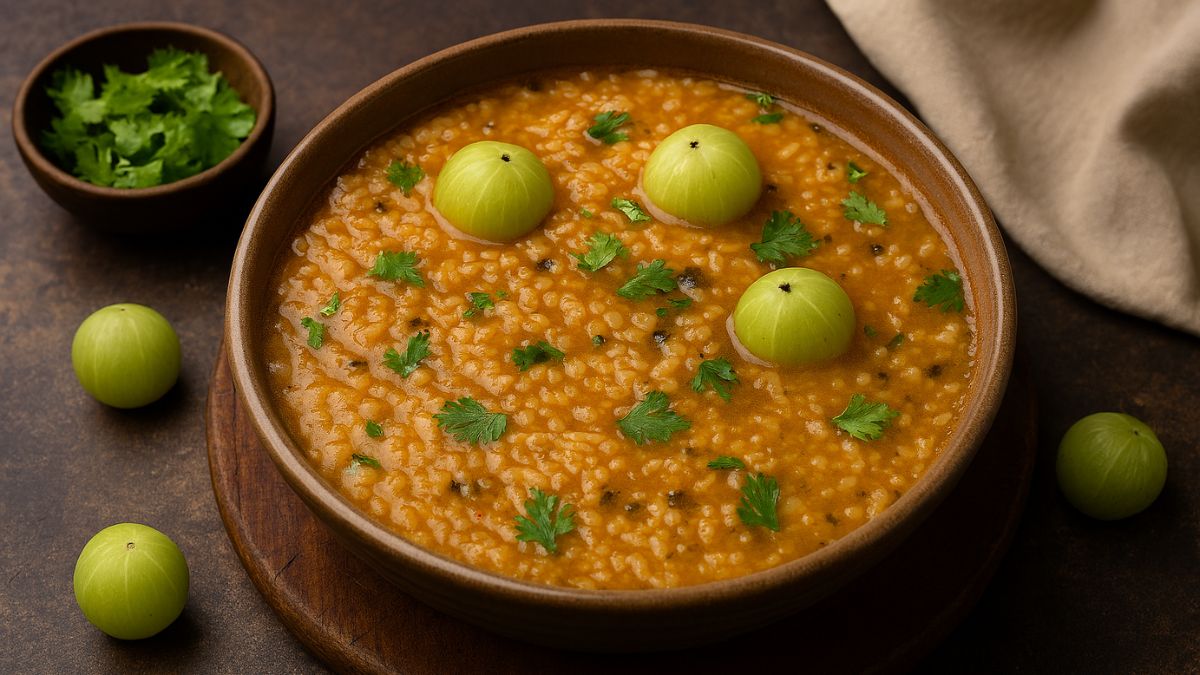Whether you are a seasoned chef or a newcomer in the kitchen, Indian cooking is all about balance. Layers of aroma, heat, and depth transform simple ingredients into something extraordinary. Spices are at the heart of this transformation. That pinch of cumin sizzling in hot oil, mustard seeds crackling in a pan, or the smoky warmth of chilli powder can change a dish instantly. Yet, things can go wrong very quickly. One moment, your kitchen smells heavenly, and the next, your curry tastes bitter. This is due to food science. If you often end up with a bitter spice taste while making a tadka or cooking a curry, this article is for you. Let us understand why spices turn bitter and what you can do to prevent it.
Also Read:6 Tips To Keep In Mind Before You Buy Spices For The First Time
Why Spices Turn Bitter When Fried Too Long:
1. The Natural Oils Get Burnt
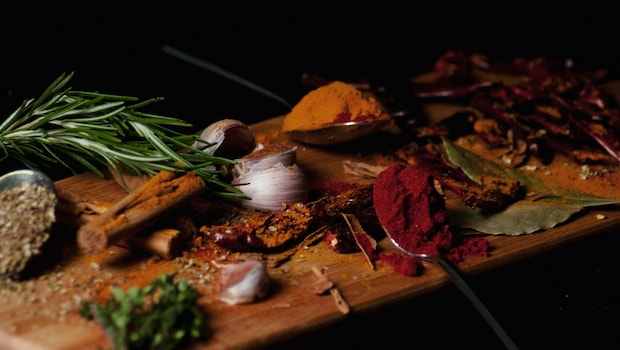
Photo: Unsplash
Most spices, including cumin, mustard seeds, fenugreek, and coriander, contain delicate essential oils responsible for their flavour. When heated correctly, these oils release an irresistible aroma. However, frying them for too long causes the oils to break down into compounds that taste harsh and bitter. Timing is crucial in tadka. The moment the spices' fragrance hits your nose, it is your cue to move forward quickly before those oils burn.
2. Caramelisation Can Turn Into Burning
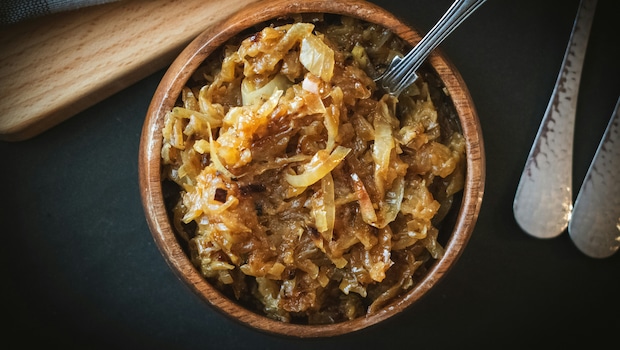
Photo: Unsplash
Spices such as coriander, fennel, and even onion or garlic powders contain natural sugars. Initially, these sugars caramelise, creating the nutty, slightly sweet depth that enhances a dish. Extended exposure to heat turns caramelisation into burning, leaving an unpleasant aftertaste.
3. Ground Spices Burn Faster Than Whole Spices
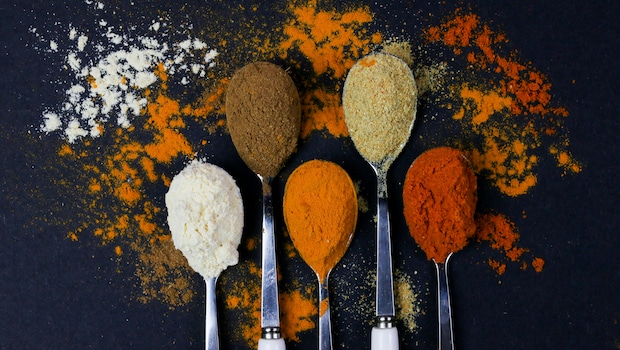
Photo: Unsplash
Whole spices are more forgiving because their oils are trapped inside layers of skin or shell. Ground spices like turmeric, red chilli powder, cumin powder, or garam masala burn in seconds. Most recipes call for adding powdered spices after onions, tomatoes, or other bases, allowing them to cook gently in moisture instead of scorching directly in hot oil. Bitter curry often results from powdered spices frying too long.
4. Overcrowding The Pan Creates Uneven Cooking
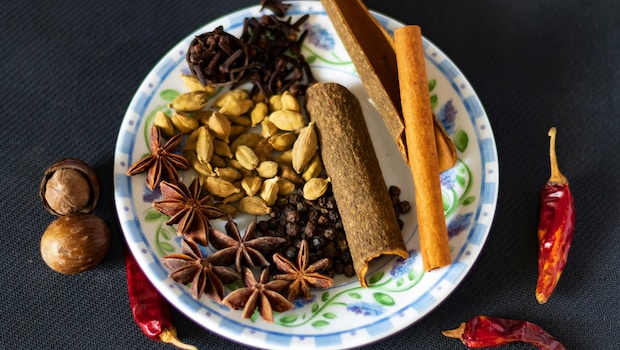
Photo: Unsplash
Spices need space in the oil to cook evenly. When too many enter the pan at once, some remain raw while others overcook, causing a clash of flavours and unwanted bitterness. To prevent this, temper spices in small batches and stir quickly so they roast evenly. Just a few seconds of attention can make all the difference.
Heat-Sensitive Spices To Watch While Cooking
Not all spices react the same way to heat. Some are more prone to bitterness, and knowing which ones to monitor can save your dish:
Fenugreek seeds: Burn in seconds, turning extremely bitter
Mustard seeds: Nutty when they pop, unpleasant if fried too long
Cumin seeds: Golden is perfect, dark brown is acrid
Garlic and ginger: Golden is flavourful, darker shades taste burnt
Powdered spices (turmeric, chilli, garam masala): Require low heat and moisture
Harder spices such as cinnamon, cardamom, and cloves can handle more frying without losing their aroma or essential oils.
Common Mistakes While Frying Spices
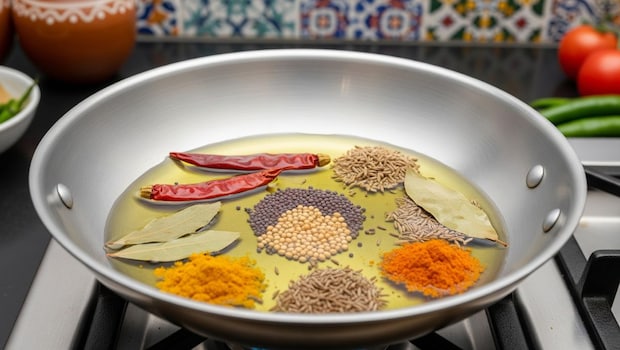
Even experienced cooks can slip up. Common errors include:
Adding spices to cold oil, which prevents proper flavour release
Frying powdered spices too long before adding moisture
Using stale or old spices that have already lost their oils
Overcrowding the pan, causing uneven cooking
Being aware of these mistakes helps you avoid bitterness before it happens.
Step-by-Step Tadka Guide
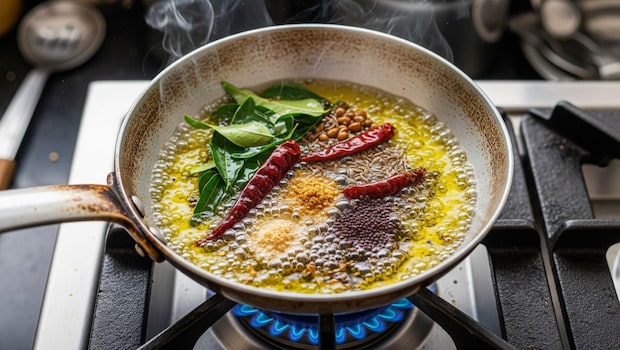
A simple order keeps spices balanced:
Heat oil in a pan
Add whole spices such as cumin, mustard seeds, or cloves
Fry until they crackle and release aroma
Add onions, tomatoes, or vegetables as your base
Reduce heat and add powdered spices like turmeric or chilli powder
Stir quickly and cook for a few seconds before adding liquids or dals
This sequence ensures even cooking and preserves flavour.
Pairing Spices With Ingredients

Knowing which spices complement ingredients improves flavour balance:
Fenugreek pairs well with lentils and bitter greens
Cumin enhances vegetable and chickpea dishes
Mustard seeds work well with pickles and vegetable stir-fries
Cinnamon and cardamom are ideal for rice dishes and slow-cooked curries
Using the right spices for the right ingredients reduces the risk of bitterness while enhancing aroma.
Are Bitter Spices Harmful?
A small amount of bitterness will not harm your health, but burnt spices can ruin a dish. They lose nutrients, dull the flavour, and overpower other ingredients. It is better to start over with fresh spices than risk serving an unbalanced dish.
Tips To Prevent Spices From Turning Bitter
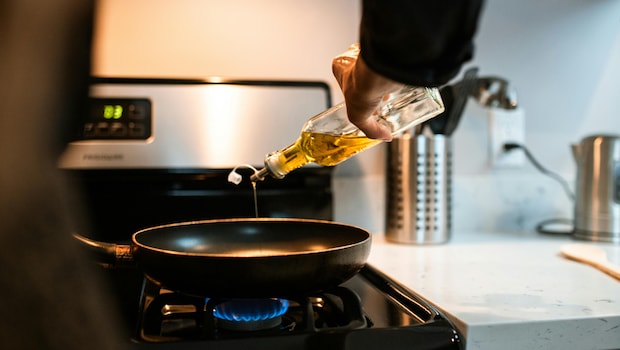
Photo: Pexels
If you end up with burnt spices during tadka or cooking, try these methods to prevent bitterness:
Heat oil before adding whole spices
Reduce the flame before adding powdered spices
Stir quickly to prevent scorching
Add your base (onions, tomatoes, vegetables) once the aroma releases
Layer spices in order: tougher ones first, delicate ones last
Under-fry if unsure; it is easier to correct than overdoing it
Quick Fixes For Burnt Spices

Accidental burnt cumin or other spices need not ruin a dish. Here is how to rescue it:
Balance with acidity: Lemon juice, vinegar, or tomato can cut bitterness
Mellow with cream or yoghurt: Dairy softens harsh flavours
Add sweetness: A pinch of sugar or jaggery can help, use sparingly
Restart: Remove burnt spices and temper fresh ones separately
Powder vs Whole Spices: Which Is Better?
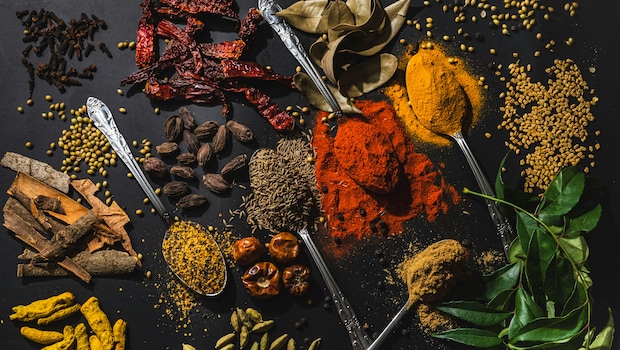
Photo: Unsplash
Whole and powdered spices both have their place in the kitchen, but heat exposure affects them differently. Whole spices such as cumin seeds, cardamom pods, or cloves release essential oils slowly and retain aroma longer. They are ideal for tempering, stews, and slow-cooked dishes. Powdered spices offer instant flavour but burn quickly. Best practice: temper whole spices first, then add powders for balance. Using both creates depth and punch in your dishes.
Also Read: Are Expired Spices Trash Or Treasure? Try These 5 Fun Ways To Decide It
Storage Tips To Keep Spices Fresh
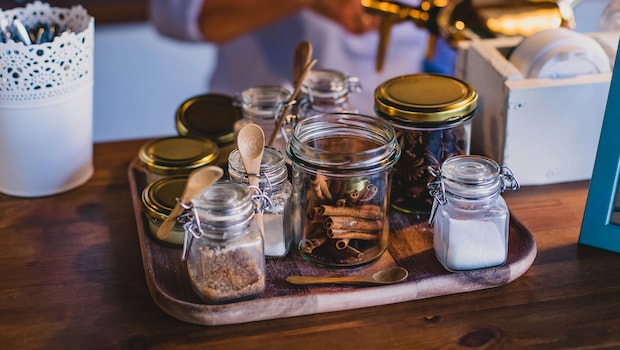
Photo: Pexels
Bitterness can also result from stale or improperly stored spices. Keep them at their best with these tips:
Keep airtight: Moisture reduces flavour
Avoid sunlight: Store away from direct light
Whole lasts longer: Whole spices retain oils better than ground ones
Buy in small batches: Fresh spices taste brighter than old stock
Follow these tips when making tadka at home to ensure your spices deliver flavour without bitterness.
About Nikita NikhilMeet Nikita, a passionate soul with an insatiable love for two things in life: Bollywood and food! When she's not indulging in binge-watching sessions, Nikita can be found behind the lens capturing moments or expressing her creativity through painting.


